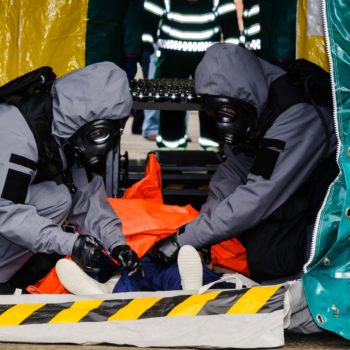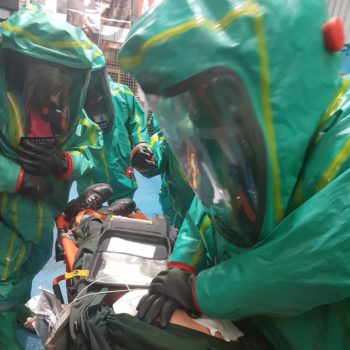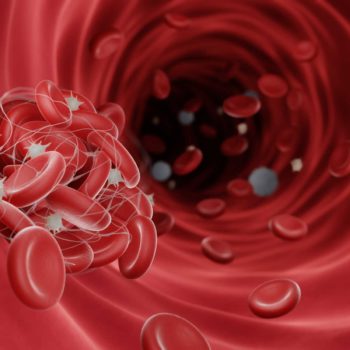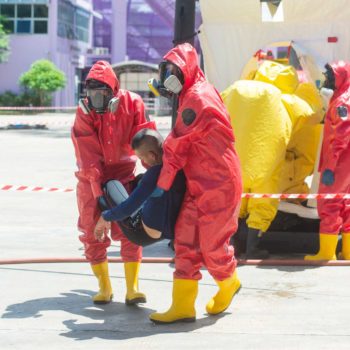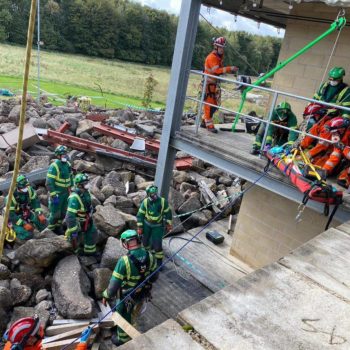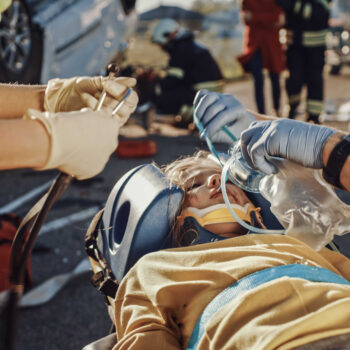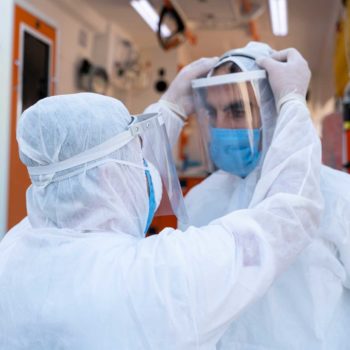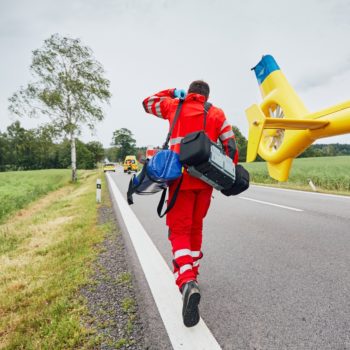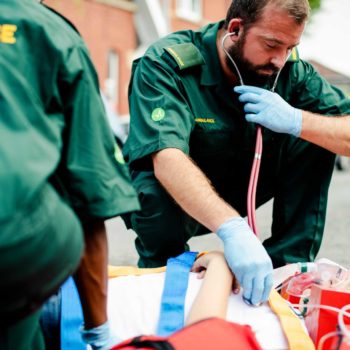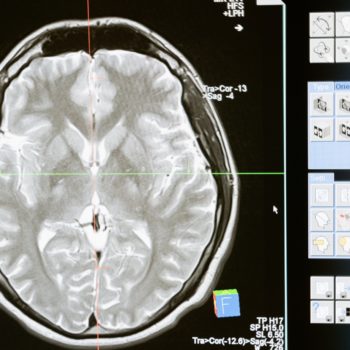Cookie Name: PHPSESSID
Provider: Website
Desc: This cookie is native to PHP applications. The cookie is used to store and identify a users' unique session ID for the purpose of managing user session on the website. The cookie is a session cookies and is deleted when all the browser windows are closed.
Expiry: session
Type: Necessary
Cookie Name: sg-cookies
Provider: Website
Desc: This cookie simply stores your preferences on the website and allows you to continue viewing the website under your terms
Expiry: 1 year
Type: Necessary
Cookie Name: sg-expiry
Provider: Website
Desc: Checks when to expire your accessibility preferences. After an hour, all the 'ch-' cookies are reset
Expiry: 1 hour
Type: Necessary
Cookie Name: ch-font-sizes
Provider: Website
Desc: Controls the preferences set within the accessibility options. This specifically remembers your font-size choices.
Expiry: 1 hour
Type: Necessary
Cookie Name: ch-font-times
Provider: Website
Desc: Controls the preferences set within the accessibility options. This specifically remembers how big you needed your font sizes.
Expiry: 1 hour
Type: Necessary
Cookie Name: ch-prefs
Provider: Website
Desc: Controls the preferences set within the accessibility options
Expiry: 1 hour
Type: Necessary
Cookie Name: __cfduid
Provider: .bootstrapcdn.com
Desc: The cookie is used by cdn services like CloudFare to identify individual clients behind a shared IP address and apply security settings on a per-client basis. It does not correspond to any user ID in the web application and does not store any personally identifiable information.
Expiry: 1 month
Type: Necessary
Cookie Name: __cfduid
Provider: .fontawesome.com
Desc: The cookie is used by cdn services like CloudFare to identify individual clients behind a shared IP address and apply security settings on a per-client basis. It does not correspond to any user ID in the web application and does not store any personally identifiable information.
Expiry: 1 month
Type: Necessary
Cookie Name: _ga
Provider: google.com
Desc: This cookie is installed by Google Analytics. The cookie is used to calculate visitor, session, campaign data and keep track of site usage for the site's analytics report. The cookies store information anonymously and assign a randomly generated number to identify unique visitors.
Expiry: 2 years
Type: Statistics
Cookie Name: _gid
Provider: google.com
Desc: This cookie is installed by Google Analytics. The cookie is used to store information of how visitors use a website and helps in creating an analytics report of how the wbsite is doing. The data collected including the number visitors, the source where they have come from, and the pages viisted in an anonymous form.
Expiry: 1 day
Type: Statistics
Cookie Name: rc::a
Provider: google.com
Desc: This cookie is used to distinguish between humans and bots. This is beneficial for the website, in order to make valid reports on the use of their website.
Expiry: none
Type: Necessary
Cookie Name: rc::c
Provider: google.com
Desc: This cookie is used to distinguish between humans and bots. This is beneficial for the website, in order to make valid reports on the use of their website.
Expiry: none
Type: Necessary
Cookie Name: VISITOR_INFO1_LIVE
Provider: YouTube
Desc: This cookie is set by Youtube and registers a unique ID for tracking users based on their geographical location
Expiry: 5 months
Type: Marketing
Cookie Name: YSC
Provider: YouTube
Desc: This cookie is set by Youtube. Used to track the information of the embedded YouTube videos on a website.
Expiry: 8 months
Type: Marketing
Cookie Name: GPS
Provider: YouTube
Desc: This cookie is set by Youtube and registers a unique ID for tracking users based on their geographical location
Expiry: 30 minutes
Type: Marketing
Cookie Name: pmpro_visit
Provider: Paid Memberships Pro
Desc: This period shows the length of the period at which a service can store and/or read certain data from your computer by using a cookie, a pixel, an API, cookieless tracking, or other resources.
Expiry: session
Type: Necessary






